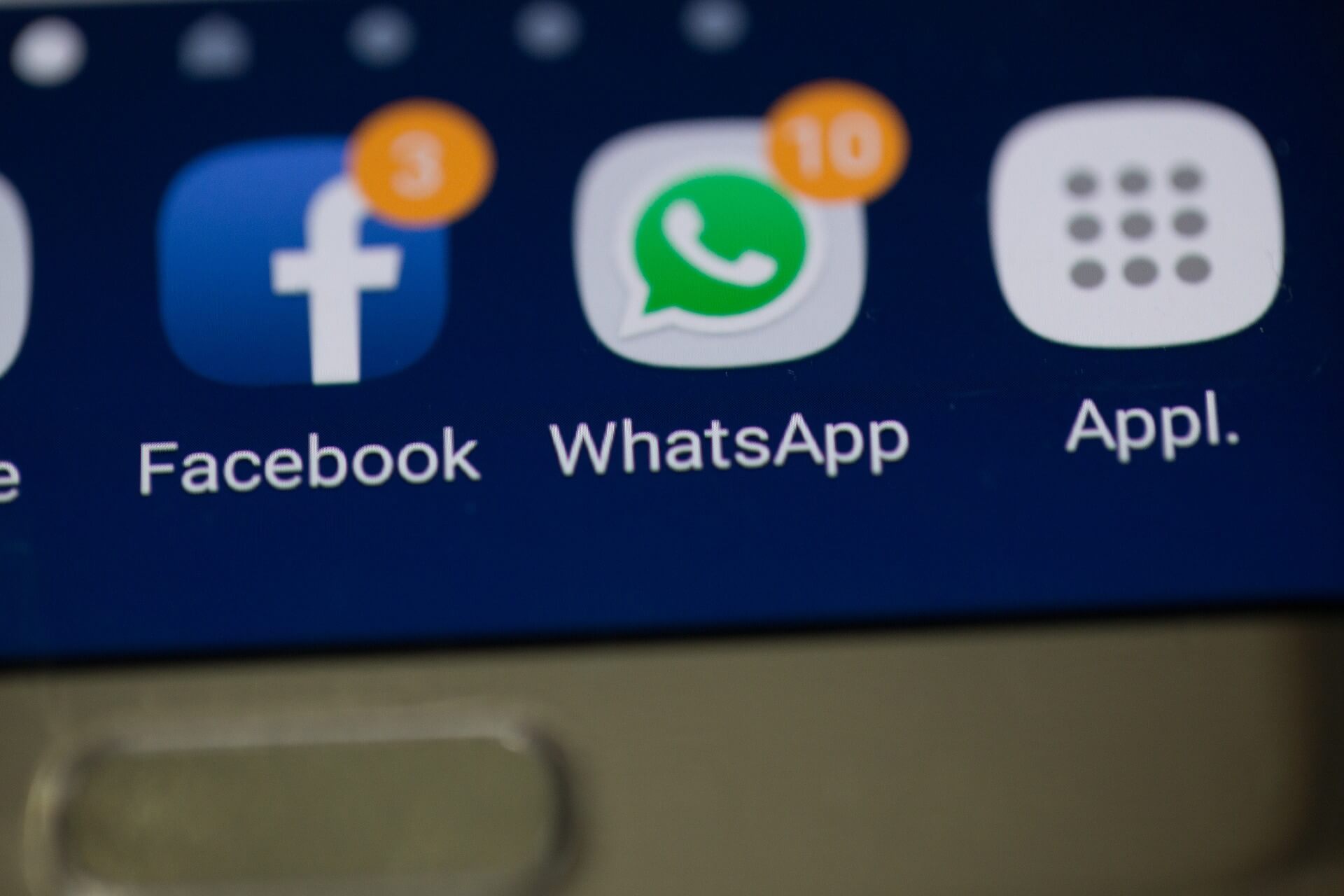WhatsApp messenger, which is owned by Facebook, began to notify its users about the update of the privacy policy. Do you want to continue using the popular messaging app? Adopt new rules, which, as explained in the company, will help it better integrate with other products from Facebook. The innovations have already angered technology experts, privacy advocates, billionaire entrepreneurs and government organizations. But the main thing is that they provoked the flight of users.
What Has Changed in WhatsApp?
WhatsApp now reserves the right to share the data collected about you with all Facebook resources, including Instagram. And it does not matter whether you have accounts and profiles in these social networks. At first glance, the messenger’s monetization policy has not changed much, but now it clearly states that “WhatsApp receives information from other Facebook companies and shares information with them”, and this data can be used to improve the sale of services. The ability to share data in the possession of Zuckerberg was before-however, on a voluntary basis, but from February 8th it is mandatory.
Will Facebook Be Able to Read Your WhatsApp?
No. Your conversations are encrypted using end-to-end encryption, and, the company says, even WhatsApp itself cannot access them. But by using the messenger, you can share your contact list, location, financial information, and data like your phone’s unique ID.
WhatsApp CEO Will Cathcart has already been quick to reassure users that neither the messenger itself nor Facebook can see personal calls and messages. It is noteworthy that this statement appeared after the founder of Telegram Pavel Durov added fuel to the fire. He said that it is impossible to check the encryption and privacy of WhatsApp, as their code is hidden.
Are the Rules the Same For All Countries?
Again, no. The conditions for Europe are different from the rules for the rest of the world. For example, in U.S. WhatsApp directly expresses the wish that users can connect their account to Facebook Pay “for purchases at WhatsApp” and also had the opportunity to chat with friends using other Facebook products, including Portal, “using WhatsApp account”.
There are no such conditions in the European version of the new Privacy Policy. This can be explained by strict EU laws, according to which companies risk a fine of up to 4% of global annual revenue for violating privacy rules.
What are the Consequences?
The reaction of the world community has already hurt the messenger. The press service of the President and the Ministry of Defense of Turkey said that their country refuses WhatsApp. And billionaire Elon Musk has backed rival app Signal, advising it to his 42 million Twitter followers. Already on January 10, there were so many people who wanted to register with Signal that its servers could not withstand the record traffic.
Changes in the WhatsApp app policy have shattered people’s trust in the app. People are looking for a better and safer replacement. So the Signal seems to be the best choice. Unlike other messaging apps, Signal stores users’ only contact information.
Signal is a messenger that uses end-to-end encryption in all dialogs. Therefore, all messages that are sent and received by chat participants at the very beginning are encrypted with a special key, and then decrypted directly on the recipient’s device. So the company does not process messages and sent content on its servers.
Verdict
Thinking that Signal will completely replace WhatsApp is a bit of an overstatement, given that WhatsApp still has an impressive user base of more than 2 billion people. But in any case, it’s nice to see that privacy is taken seriously by people, and perhaps Signal will even become an industry standard in the future.



